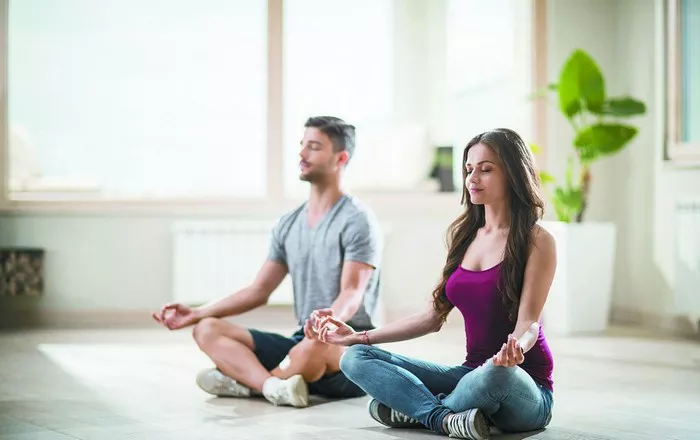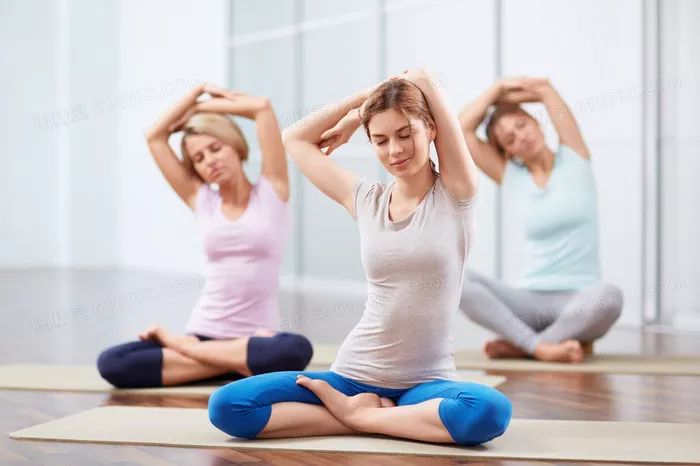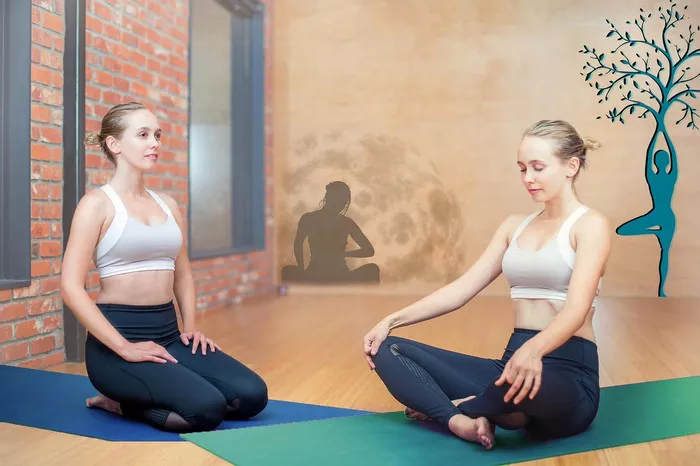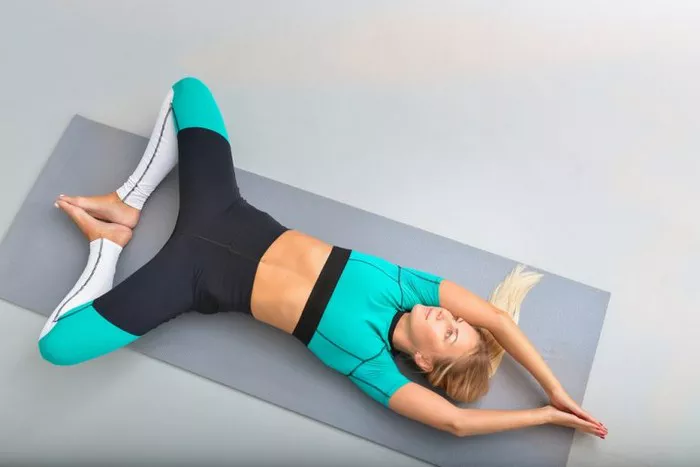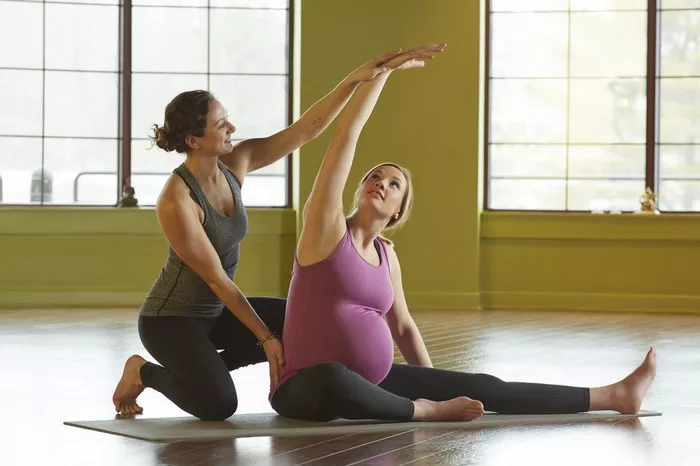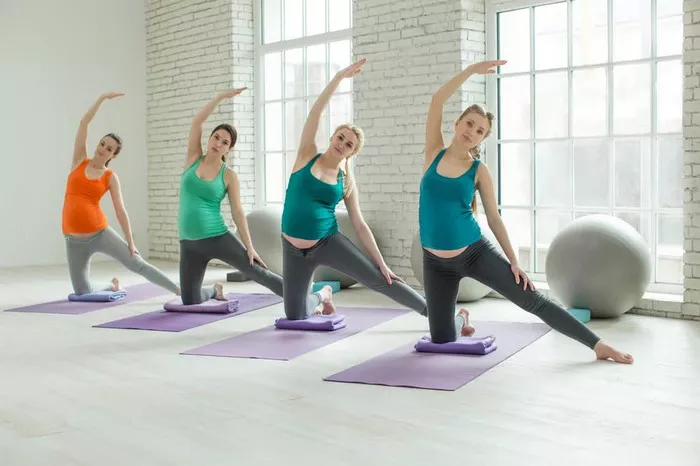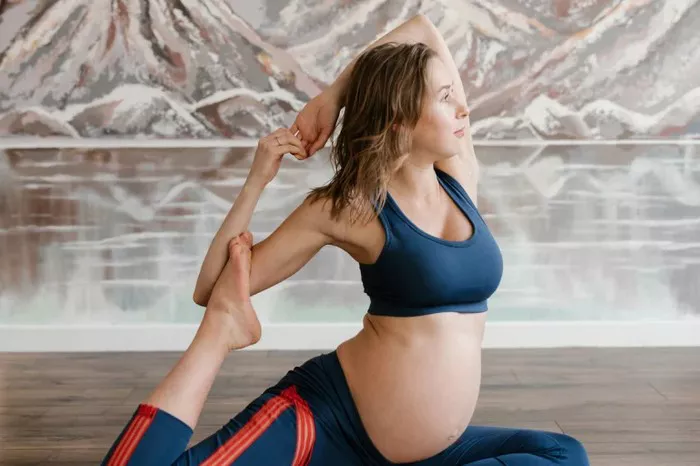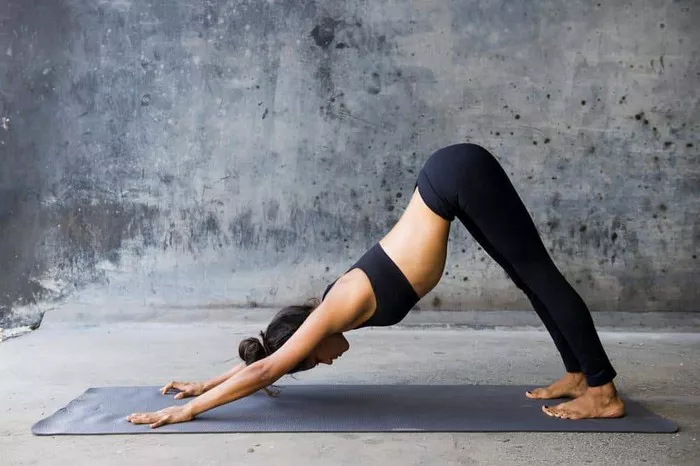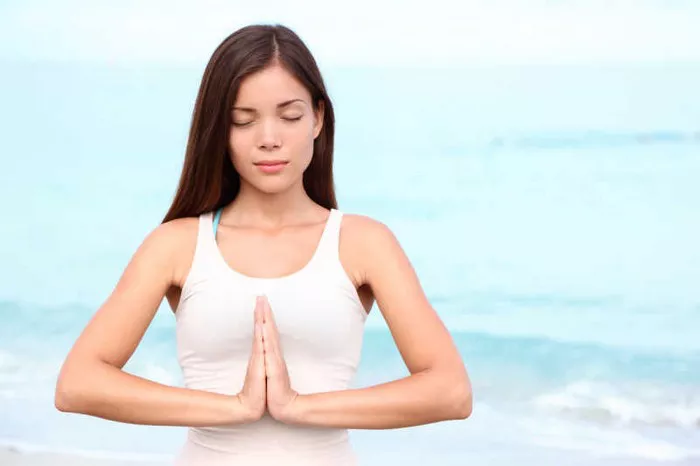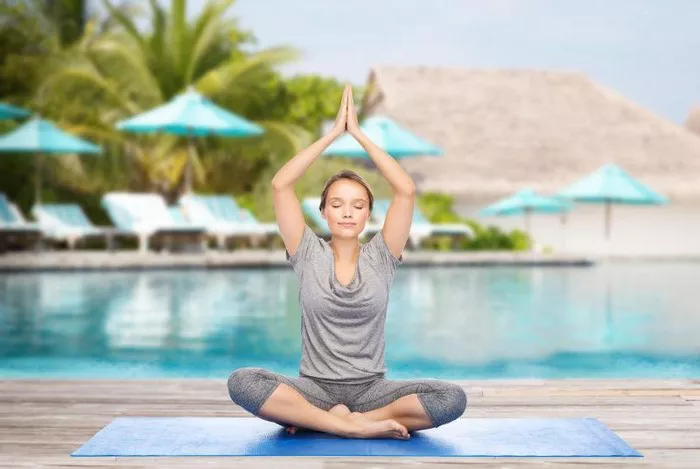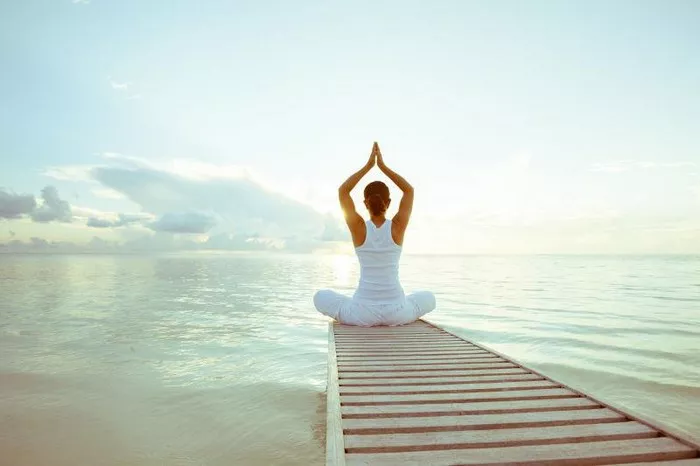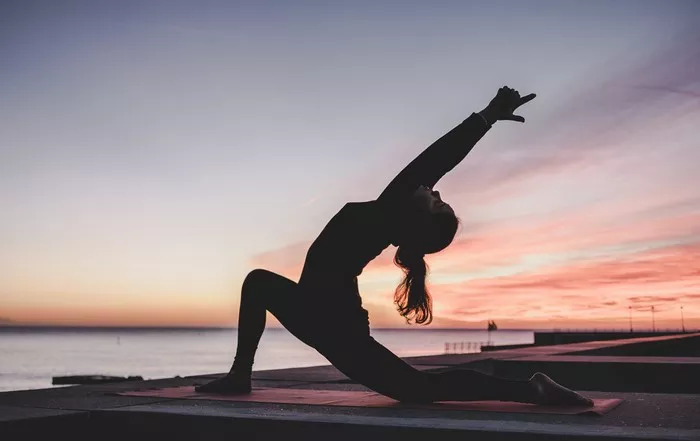As people age, maintaining physical health, flexibility, and mental well-being becomes increasingly important. Seniors often seek gentle yet effective exercise options that promote longevity, reduce stress, and improve mobility. Two of the most popular mind-body practices that fit this criterion are yoga and tai chi. Both have been practiced for centuries and offer significant benefits for seniors, but they differ in approach, technique, and impact. This article will explore the similarities and differences between yoga and tai chi, helping seniors determine which practice best suits their needs.
Understanding Yoga and Tai Chi
What Is Yoga?
Yoga is an ancient practice that originated in India over 5,000 years ago. It combines physical postures (asanas), breathing techniques (pranayama), and meditation to enhance overall well-being. There are many styles of yoga, ranging from gentle and restorative to dynamic and physically demanding. For seniors, gentle styles such as Hatha, Yin, and Chair Yoga are often recommended.
Yoga is known for improving flexibility, balance, and strength while reducing stress and promoting relaxation. Many seniors appreciate its ability to enhance mental clarity and emotional stability.
What Is Tai Chi?
Tai chi, also known as Tai Chi Chuan, is a Chinese martial art that has evolved into a low-impact exercise focused on slow, flowing movements. It incorporates deep breathing and a meditative mindset, emphasizing the connection between body and mind. Tai chi is often described as “meditation in motion.”
Tai chi routines, known as forms, involve a series of slow, deliberate movements performed in a continuous sequence. This practice is especially beneficial for balance, coordination, and stress reduction.
Key Benefits for Seniors
Both yoga and tai chi offer numerous health benefits for seniors, but their effects can differ based on individual needs and preferences.
1. Balance and Fall Prevention
Falls are a leading cause of injury among seniors. Both yoga and tai chi can improve balance, but they do so in different ways.
- Yoga: Strengthens stabilizing muscles through poses that require holding positions and shifting weight.
- Tai Chi: Enhances dynamic balance through slow, continuous movements that engage core muscles and improve coordination.
Which is better? Tai chi has been shown to be particularly effective in fall prevention because of its focus on controlled weight shifting and postural alignment. However, yoga can also improve balance, especially with poses like Tree Pose and Warrior Poses.
2. Flexibility and Joint Health
- Yoga: Increases flexibility by stretching muscles, ligaments, and tendons. This helps with joint mobility and reduces stiffness.
- Tai Chi: Promotes gentle movements that keep joints fluid and pain-free, making it particularly beneficial for individuals with arthritis.
Which is better? Yoga is generally superior for increasing flexibility, but tai chi is excellent for maintaining joint health with minimal strain.
3. Strength and Muscle Tone
- Yoga: Builds muscle strength through isometric holds in poses like Downward Dog, Warrior, and Plank.
- Tai Chi: Uses body weight and slow movements to develop muscle endurance and strength, though not as intensely as yoga.
Which is better? Yoga is more effective for developing muscular strength, particularly in the core, legs, and arms.
4. Cardiovascular Health
- Yoga: Some forms, like Vinyasa or Power Yoga, provide a cardiovascular workout, but most styles focus more on relaxation and stretching.
- Tai Chi: Improves circulation and lowers blood pressure through slow, rhythmic movements, making it suitable for seniors with heart conditions.
Which is better? Tai chi may have a slight edge for heart health due to its gentle, sustained movement, though both can contribute positively to cardiovascular function.
5. Mental Health and Stress Reduction
- Yoga: Combines breath control, mindfulness, and meditation to reduce stress and anxiety.
- Tai Chi: Encourages a meditative state through focused movement and breathing, reducing stress levels and promoting relaxation.
Which is better? Both are excellent for mental health. Yoga may be preferable for those who enjoy guided meditation and breathwork, while tai chi is ideal for those who prefer moving meditation.
6. Cognitive Benefits and Brain Health
- Yoga: Enhances mental clarity and focus through mindfulness and controlled breathing.
- Tai Chi: Has been linked to improved cognitive function and memory, particularly in seniors at risk for dementia.
Which is better? Tai chi has been more extensively studied for its cognitive benefits, but yoga also supports brain health through meditation and deep breathing.
Considerations for Seniors
Before choosing between yoga and tai chi, seniors should consider the following factors:
Mobility and Physical Limitations: Those with severe joint pain or limited mobility may find tai chi easier to practice.
Preference for Stillness or Movement: Yoga often involves holding poses, while tai chi is more continuous.
Medical Conditions: Individuals with osteoporosis should be cautious with certain yoga poses that involve spinal flexion.
Social vs. Individual Practice: Tai chi is often done in groups, while yoga can be practiced alone or in a class setting.
Conclusion
There is no definitive answer to whether yoga or tai chi is better for seniors, as both offer incredible benefits.Many seniors find that incorporating both practices into their routine offers the most comprehensive benefits. Trying a beginner class in each discipline can help determine which feels more enjoyable and beneficial. Regardless of the choice, both yoga and tai chi promote healthier aging, increased mobility, and a better quality of life.
Related topics


